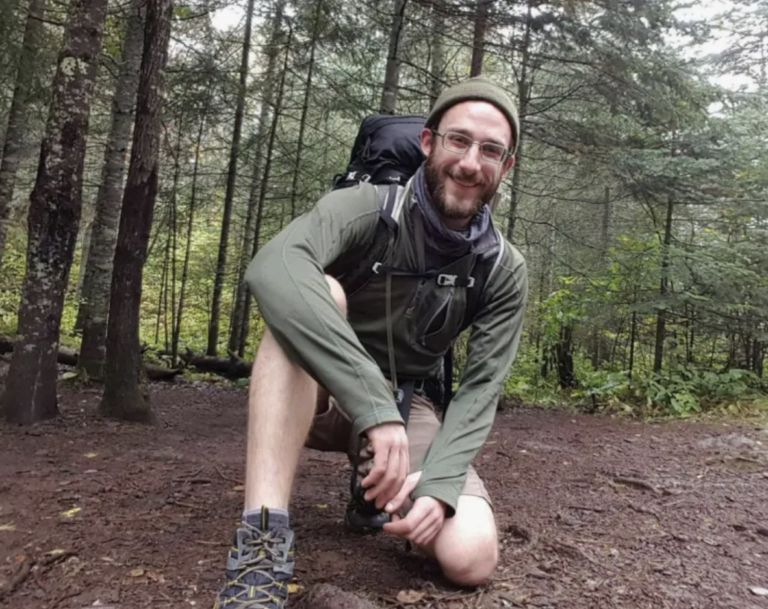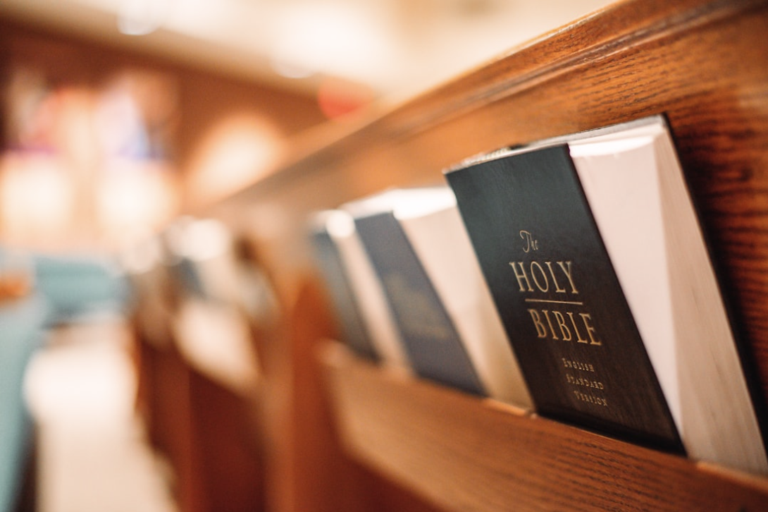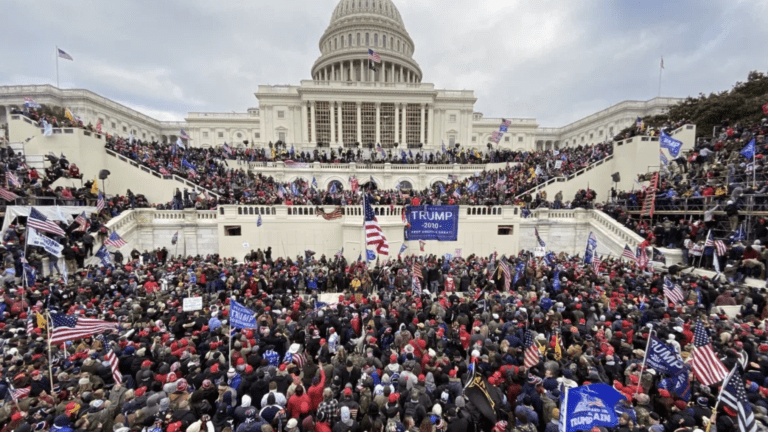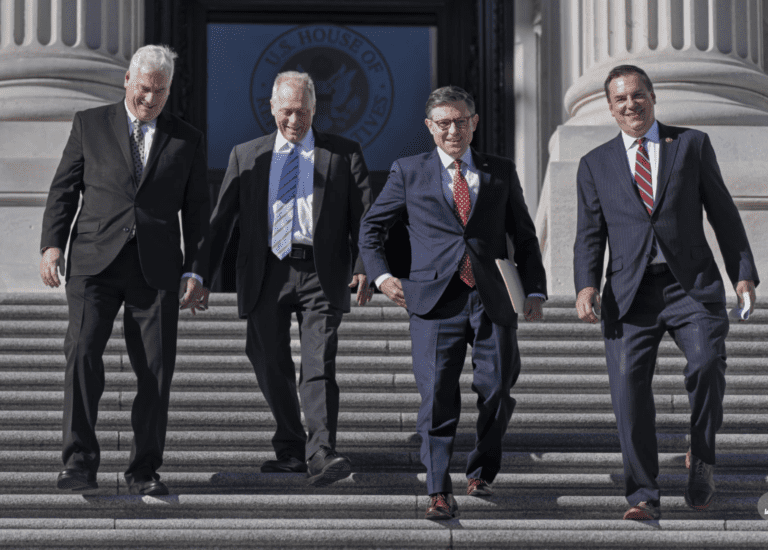
ICE Destroyed Alex Pretti’s Body. The Trump Administration Assassinated His Character. Conservative Americans Are Fine With That.
Alex Pretti was murdered by ICE, in cold blood, without cause, and with giddy joy from his assassins. For simply bearing witness to a neighbor’s









